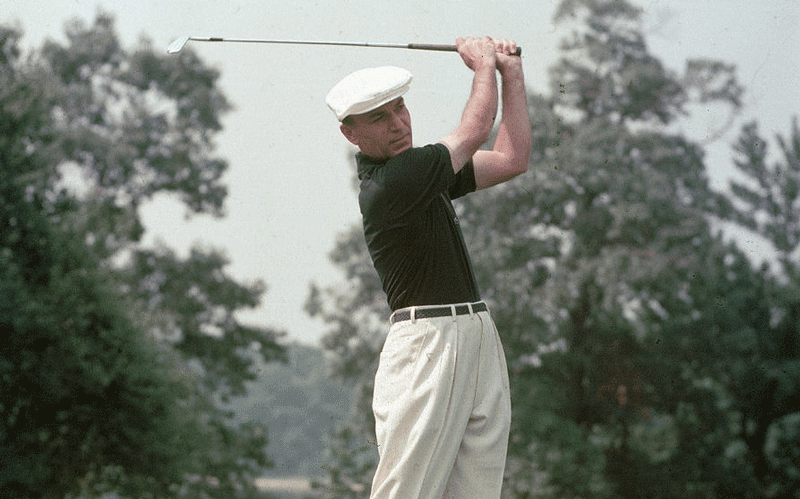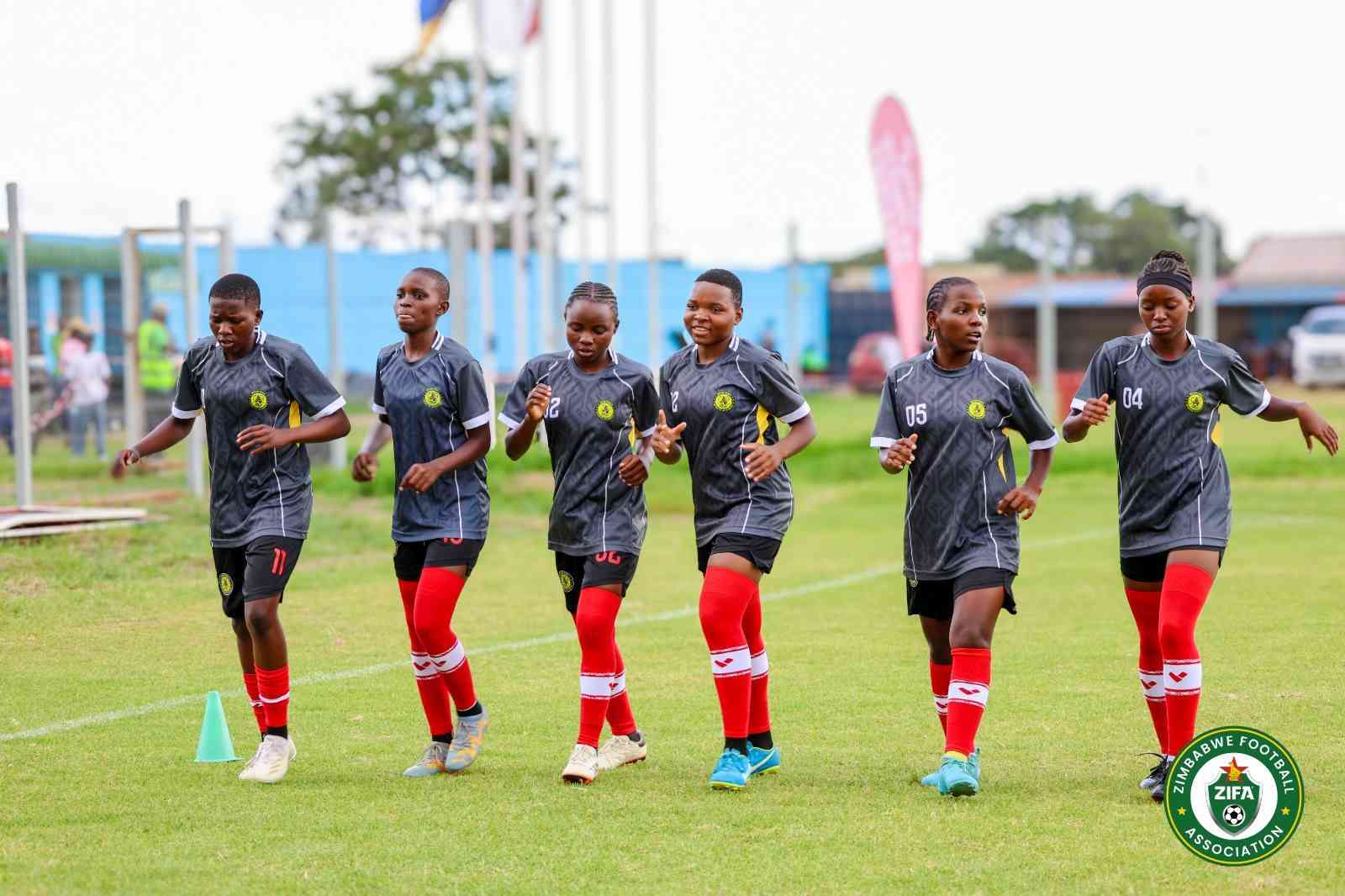
Ben Hogan is considered by many to be one of the greatest golfers of all time, the winner of nine Majors (all within a period of eight years). On those grounds, we should perhaps listen with more intent when he speaks of golf. On one occasion, he declared that “The most important shot in golf is the next one.” Such advice has benefitted many sportsmen, professional or amateur, adult or child, throughout their entire careers. What is more, it is invaluable advice for life.
There is a fascinating, old, small book entitled “Don’ts For Golfers”, first published in 1925, which contains a whole series of advice for golfers prefaced by “Don’t”. Some are banal – “Don’t grip the club tightly with all your fingers.” Some are insightful – “Don’t let ambition interfere with judgment.” Some are good – “Don’t let your attention wander when your opponent is putting first.” Some are personal and wonderful – “Don’t irritate your opponent by wearing jazzy colours. To dazzle his eyes with a multi-coloured pullover or peace-disturbing golf stockings is to take a mean advantage.” All these can certainly be included in any series of lessons young people can learn from golf and apply to any sport as well as life. And remember, “Since bad shots come in groups of three, a fourth bad shot is actually the beginning of the next group of three.” [Anon]
In that regard we do well to remember that we cannot afford to have a negative mindset (one governed and affected by “Don’ts” and “Can’ts”) but rather we need a positive attitude. We need to be focusing on the “Dos”, on what we want to achieve. It is, after all, very easy to be negative about golf and in equal measure with each and every sport. We can complain about the conditions and the course; we can moan about bad luck and poor lies. We keep on remembering the bad shots and the difficult holes. The problem is that such negativity only breeds further negativity and more bad play. It is equally true that children can become very despondent in their situations, especially when staff members are despondent, when parents are despondent. We can be sucked into negativity very easily. Consider also how many of our school rules start with “Don’t”! We might like to try changing all our school rules into positives – if we find it hard (as it will be!), it will show how we are sucked into negative thinking.
It is not so much a matter of being optimistic that we should aim for. An optimist has been described as “Someone who falls off the Empire State Building and after falling fifty floors says, ‘So far so good!’” Another wag has defined optimism as “Waiting for a ship to come in when you haven’t sent one out.” Such an attitude, however, will not help us as individuals. We would do a little better by following the attitude of Eeyore in the “Winnie the Pooh” stories: “It’s snowing still,” said Eeyore gloomily. “And freezing. However,” he said, brightening up a little, “We haven’t had an earthquake lately.” We in Zimbabwe should be masters at this, having survived many tough times. Indeed, some of us will know of a book on life in Rhodesia entitled “Next Year Will Be Better” – how many times have we in Zimbabwe been saying that next year will be better?
Sportsmen people need to be positive people. The next shot will be better; the next hole will be better; the next round, the next match will be better. We may have struggled and played badly but we can get better. So, too, we as educators and pupils need to be positive. We may have had a bad meeting, a dreadful day, a depressing lesson, a discouraging appointment, a difficult year, but we have a new day and opportunity before us which can go better if we learn from the mistakes. We are called to be positive. We need to believe in ourselves, in our staff, in our school; if we believe that what we are doing is right, then we must press on with such belief. We do need to believe that next year will be better, that this term will go well, that the next match has opportunities.
We need to be positive because everyone in the community is looking to schools for such hope and confidence and belief. Ben Hogan, mentioned earlier, also said that “The only thing a golfer needs is more daylight.” That may well assist us. Whatever sport we play, keep playing! So a final word for the keen sportspeople among us in particular, comes from the “Don’ts” book again: “Don’t play too much golf. Two rounds are quite sufficient for one day at any time.” That is a good round figure!











